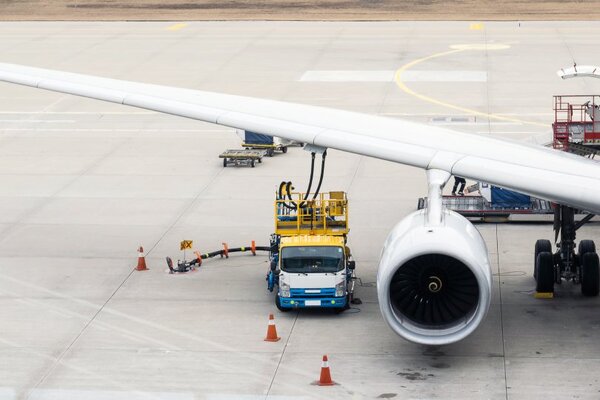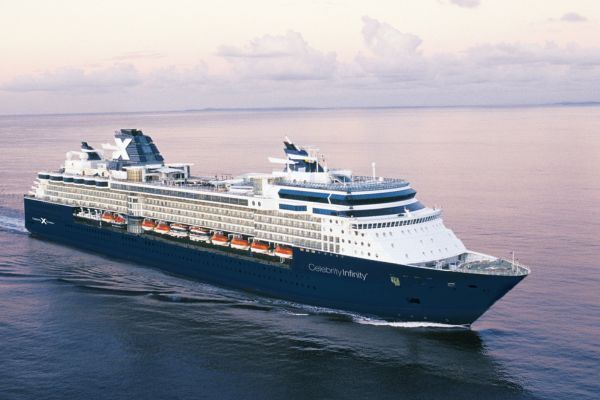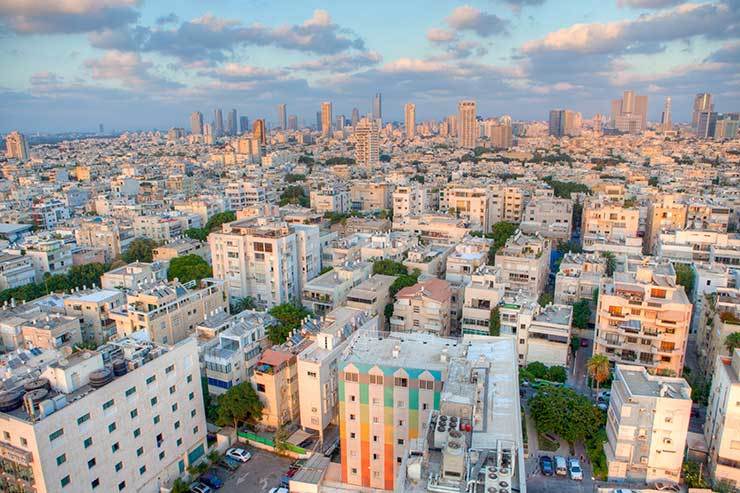Govt ready to put money behind sustainable fuel push
 James Chapple
James ChappleThe government is reportedly ready to pledge extra cash to kick-start the UK’s fledgling sustainable aviation fuel (SAF) sector following a concerted lobby effort by the aviation sector.
However, the Financial Times – citing people familiar with the situation – reports that while the Department for Transport (DfT) is poised to get behind the effort, the department is yet to get the go-ahead from the Treasury.
The DfT is expected on Thursday (30 March) to endorse the findings of a report it commissioned into building a SAF industry, which is understood to be siding with the aviation sector’s view that subsidies will be necessary to incentivise SAF production.
SAF currently costs anything up to three times more to produce than regular jet fuel. It comes during a week in which the government’s Jet Zero Strategy has come under further scrutiny, it now facing the prospect of being taken to judicial review for failing to set sufficiently ambitious targets.
MORE: The burning issue: is travel really set up for a carbon-free future?
Ministers have come under increasingly intense pressure from the aviation sector, and wider travel community, to back SAF development, particularly given the government’s insistence five SAF plants would be under construction in the UK by 2025.
Last November, new research by the Business Travel Association made an impassioned case for urgent adoption of SAF, describing it as a "key facilitator" of travel’s journey to decarbonisation, one that would require government input to deliver at scale.
A week later, the chief executive of the government’s own Jet Zero Council, Emma Gilthorpe, speaking at the Airlines 2022 conference, said the industry would need "some form of price bridge" to secure the necessary investment required to scale up the UK’s SAF industry.
This prompted aviation and maritime minister Baroness Charlotte Vere to defend the government’s position, insisting it wasn’t prevaricating on the issue. However, Vere said she wasn’t in favour of large-scale government support for SAF, with UK government support paling into insignificance versus the $4.3 billion pledged by the US government.
Also speaking at Airlines 2022, Iata chief executive Willie Walsh said the economics behind SAF were becoming increasingly manageable with every passing day. He said the US approach to get production going made sense, adding: "Once you scale up production, natural economic rules apply."
Earlier this year, Heathrow urged the government to incentivise the transition to SAF to achieve a 10% SAF mandate by 2030. Parliament’s transport committee this month made a similar plea in its Fuelling the Future report, warning the government’s "solution-neutral" philosophy couldn’t go on indefinitely.
Sign up for weekday travel news and analysis straight to your inbox

James Chapple
Supplier Directory
Find contacts for 260+ travel suppliers. Type name, company or destination.












